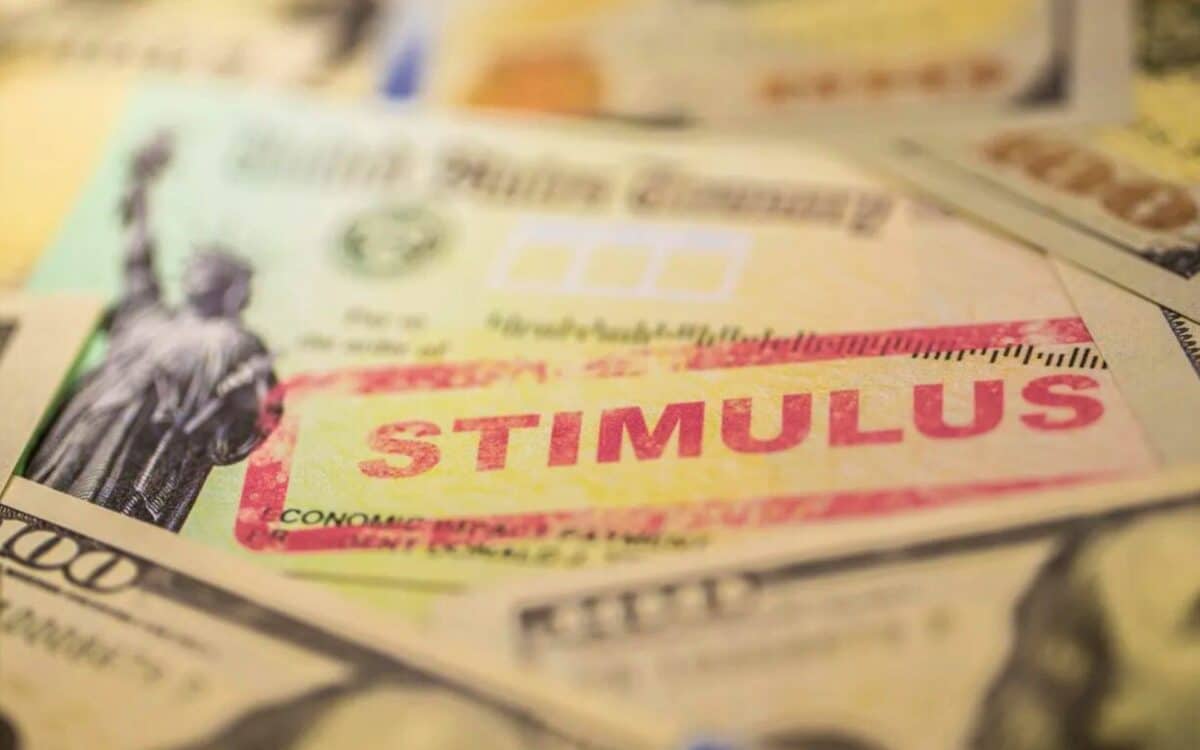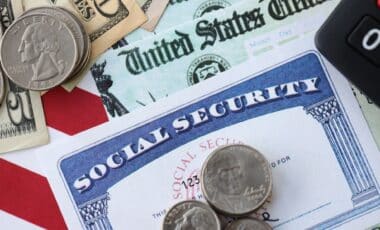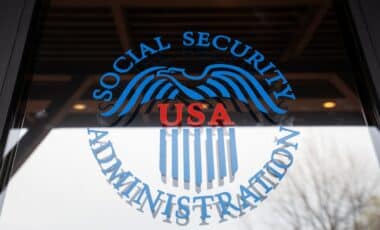The IRS is stepping up to ensure millions of Americans receive the financial support they may have missed out on by issuing automatic stimulus payments. These payments are aimed at individuals who were eligible for the Recovery Rebate Credit but either overlooked it or encountered issues when filing their 2021 tax returns. In a bold move to rectify these missed opportunities, the IRS is bypassing the need for additional paperwork, streamlining the process to put money directly into the hands of eligible taxpayers. This initiative reflects a broader commitment to addressing gaps in pandemic-related financial relief and ensuring those entitled to assistance receive it without unnecessary hurdles.
The Stimulus Rollout: A Game-Changer for Taxpayers
The IRS identified over one million taxpayers who failed to claim the Recovery Rebate Credit. According to IRS Commissioner Danny Werfel, “We realized that one million taxpayers overlooked claiming this complex credit when they were actually eligible.” Rather than requiring individuals to amend their tax returns, the IRS opted to make the payments automatic.
Important Information on Payment Distribution
- Distribution Method: Payments will be issued via direct deposit or paper checks.
- Timing: Distributions begin in late January.
- Notification: Recipients will first receive a confirmation letter from the IRS.
- Amount: Eligible individuals may receive up to $1,400.
The Overlooked Millions: Who Qualifies?
Eligibility hinges on whether taxpayers claimed the Recovery Rebate Credit when filing their 2021 tax return. Here’s how to determine if you’re on the list:
- Check your 2021 tax return: If the Recovery Rebate Credit section was blank or marked as $0, you may qualify.
- Non-filers: Even those who didn’t file a 2021 tax return can still claim the stimulus check by filing a return and claiming the credit by April 15, 2025.
The IRS clarified: “Eligible taxpayers who did not file must file a tax return to claim a Recovery Rebate Credit, even if their income from a job, business, or other source was minimal or non-existent,”
Why This Matters:
- For many Americans, this isn’t just about missed paperwork. It’s about financial justice for those who faced complex systems during unprecedented times.
- The IRS is shifting its approach from bureaucratic rigidity to proactive relief.
Overview of Previous Stimulus Payments
The IRS’ action comes after three major rounds of stimulus payments were issued during the COVID-19 pandemic. Here’s a breakdown of those payments:
| Round | Legislation | Amount |
|---|---|---|
| First Round (March 2020) | CARES Act | $1,200 per individual + $500 per child |
| Second Round (December 2020) | Consolidated Appropriations Act | $600 per taxpayer + $600 per child |
| Third Round (March 2021) | American Rescue Plan Act | $1,400 per taxpayer + $1,400 per child |
The Unspoken Question: Why Was the Credit Overlooked?
The complexity of the Recovery Rebate Credit likely played a significant role in why so many Americans missed out on claiming it. With a tax system that can be daunting and overly intricate for the average taxpayer, navigating the requirements of the credit proved challenging for many. Numerous individuals were either unaware of the credit’s existence or didn’t fully understand how to qualify for it when filing their 2021 tax returns. This lack of clarity, combined with the pressure of managing pandemic-related financial stress, contributed to widespread oversights. For many eligible taxpayers, the system’s complexity inadvertently created barriers to accessing crucial financial relief.
How to Maximize Your Payment Eligibility
To ensure you don’t miss out on this opportunity:
- Review your 2021 tax return: Specifically check for the Recovery Rebate Credit.
- Non-filers: File your 2021 tax return before April 15, 2025.
- Watch for IRS notifications: Automatic payments will arrive after you receive a confirmation letter.
This unprecedented move by the IRS underscores a shifting approach to how the U.S. government handles unclaimed funds. By taking proactive steps, millions of taxpayers will receive payments they didn’t even know they were entitled to.









